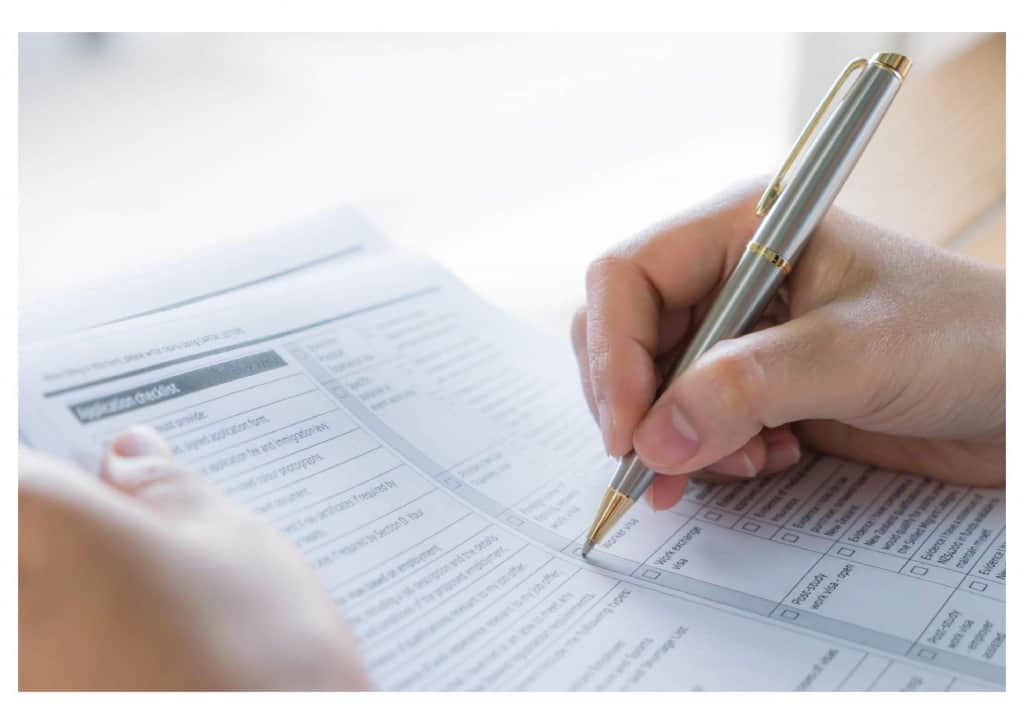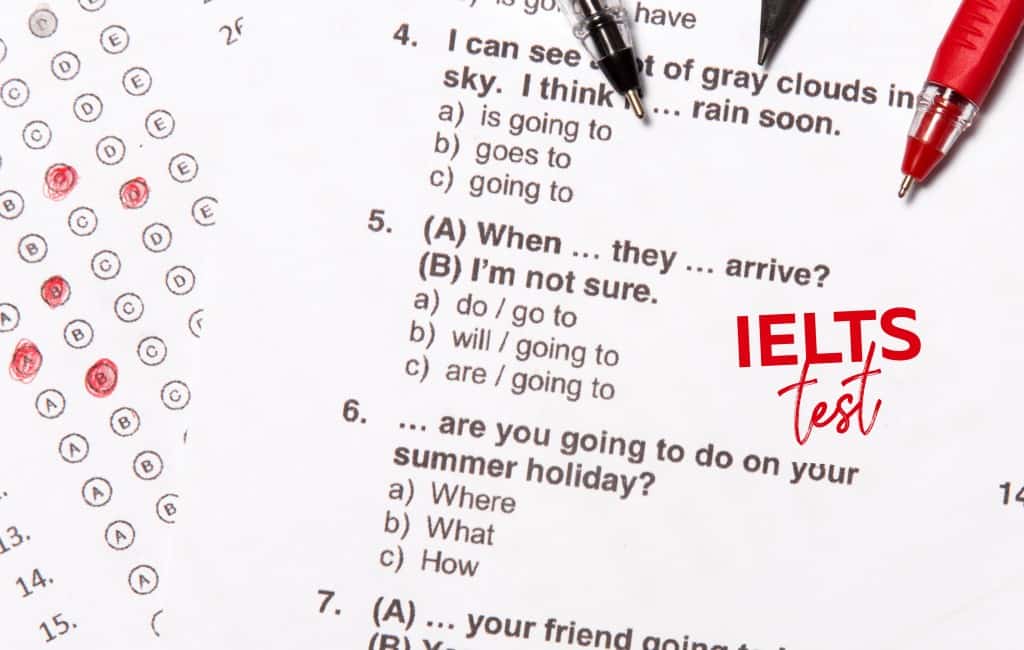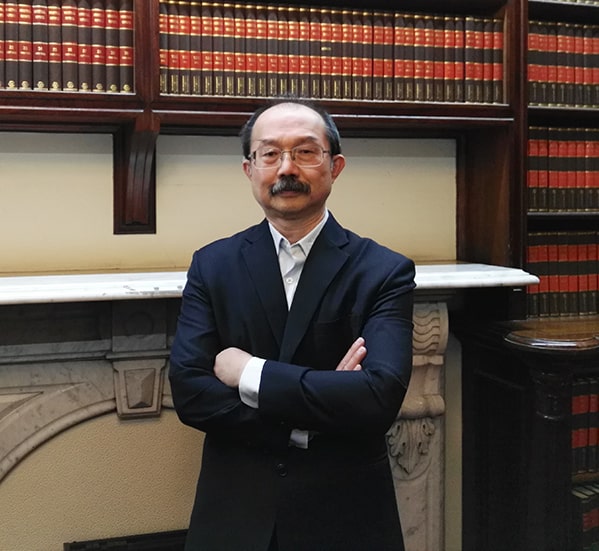
Employer Nomination Scheme 186 (TRT Stream) or Subclass 186 ENS TRT Permanent Visa: Who And When To Apply
If you are holding a Subclass 457 or TSS Subclass 482 visa, you may be able to apply for a Subclass 186 ENS TRT permanent visa, otherwise known as the Employer Nomination Scheme 186 Temporary Residence Transition or TRT stream.

How do I know I can apply?
In order to apply for Subclass 186 ENS TRT permanent visa, you will need to be nominated by your current sponsoring employer. You must have worked full-time for your employer in Australia for not less than 3 years out of the previous 4 years in the same position that you have been nominated for the Temporary Skill Shortage Class SP Subclass 482 (commonly known as the TSS 482 visa). If you hold, a Class UC Subclass 457 visa, or hold or were an applicant for Class UC Subclass 457 visa on 18 April 2017 (this is known as the “transitional arrangements”). If the transitional arrangements apply to you, you must have worked for at least 2 years out of the previous 3 years. Click here to learn more.
Your current employer must offer you a permanent position in the same occupation as nominated in your current visa 457 or 482 subclass. You must not, in return for further employment, offer or provide your employer any benefit in return for their nomination.
Once the nomination is approved, you have 6 months to apply for the Subclass 186 ENS TRT visa (click here to learn how to prevent nomination refusal). And your nomination must not be withdrawn or cancelled while your visa application is being processed.

Training Contribution Charge
To submit a Subclass 186 Nomination application, your sponsor must also make a training contribution or the Skilling Australians Fund (or SAF) levy. There is no exemptions from the SAF levy unless the Subclass 186 Nomination application is for a Minister of Religion or Religious Assistants under the Labour Agreement stream (click here to learn more).
The SAF levy payable is:
- annual business turnover is less than $10m – $3,000
- annual business turnover is more than $10m – $5,000

Changing employer
If the company you worked for has changed in the last 3 years, you might still be able to count the time you have worked for the previous company.

Do I need to have my skills assessed?
Normally it is not necessary to provide a positive skills assessment as you would have provided your skills assessment when you applied for your Subclass 457 or Subclass 482 visa, but the Department of Immigration (Department of Home Affairs) may ask you to provide for 1.

Is there an age limitation?
If you hold a Class UC Subclass 457 visa under the transitional arrangements, you have to be under 50 to apply for the permanent Subclass 186 ENS TRT visa.
Age limitation can be waived if you are working in certain occupation, for example, skill level 1 or 2 researcher, scientist and technical specialist nominated by an Australian government scientific agency, or you are a senior academics nominated by a university in Australia, or you are a medical practitioner who has worked for at least 2 years in regional or country Australia and the your current nominated position is located in regional or country Australia, or throughout that 3 years of continuous employment, your annual earnings (excluding any payments that cannot be determined in advance) have been not less than the Fair Work High Income Threshold (or FWHIT) at the time of lodging your Subclass 186 ENS TRT visa application. The FWHIT for 2017-2018 is $142,000.

Do I need English?
You will need to show you have at least competent English language proficiency, that is, scoring at least 6 in each component of an IELTS test. However, you do not need to demonstrate your English language proficiency if you are a national of, and holds a passport issued by, the UK or USA or Canada or NZ or the Republic of Ireland.
For exemptions from Skill, Age and English language requirements, please refer to LIN 19/216:
Age exemption applies to:
- academic applicants
- regional medical practitioner applicants
- science applicants
- Subclass 457 / 482 workers
- transitional 457 workers under 50
If you include members of your family in your Subclass 186 ENS TRT visa application, applicants over 18 who does not have functional English, that is, obtaining at least 4.5 in each of the 4 components of an IELTS test within 12 months before applying for the visa will be required to pay a second visa application fee or charge of $4,890, unless exemption applies. They will be exempted if they hold passport issued by the UK or USA or Canada or NZ or the Republic of Ireland, or have been assessed by an Australian Adult Migrant English Program provider as having functional English or have completed a degree or a diploma or a trade certificate in Australia that required at least 2 years of full-time study and all instructions were in English.

How much should my employer pay me?
If your agreed salary is less than $250,000 per year, your employer must pay you at least the Annual Market Salary Rate (“AMSR”) which is equivalent to salary paid to Australian workers under enterprise agreements or industrial awards or job outlook info or ads for the same occupation in the same location for the last 6 months or remuneration survey or advice from unions or employer associations. The AMSR amount must not be less than $53,900 per year, which is the Temporary Skilled Migration Income Threshold or TSMIT, and do not include any non-monetary benefits.
Australian migration law is complex and difficult to understand, contact our immigration lawyer for a consultation (fee applies) to help you decide if you are eligible to apply for the Subclass 186 ENS TRT visa (click here to find out how an immigration lawyer or registered migration agent can help you). You may also refer to our FAQs for answers regarding visa application or visa cancellation by clicking here.


041 222 4020 or WeChat: AUDvisa
This article is not intended to be or taken as migration legal advice. The author of this article disclaims any liability for any action or omission on the information provided or not provided in this article. You should always consult an immigration lawyer or a registered migration agent to form an informed opinion on your immigration matter.



